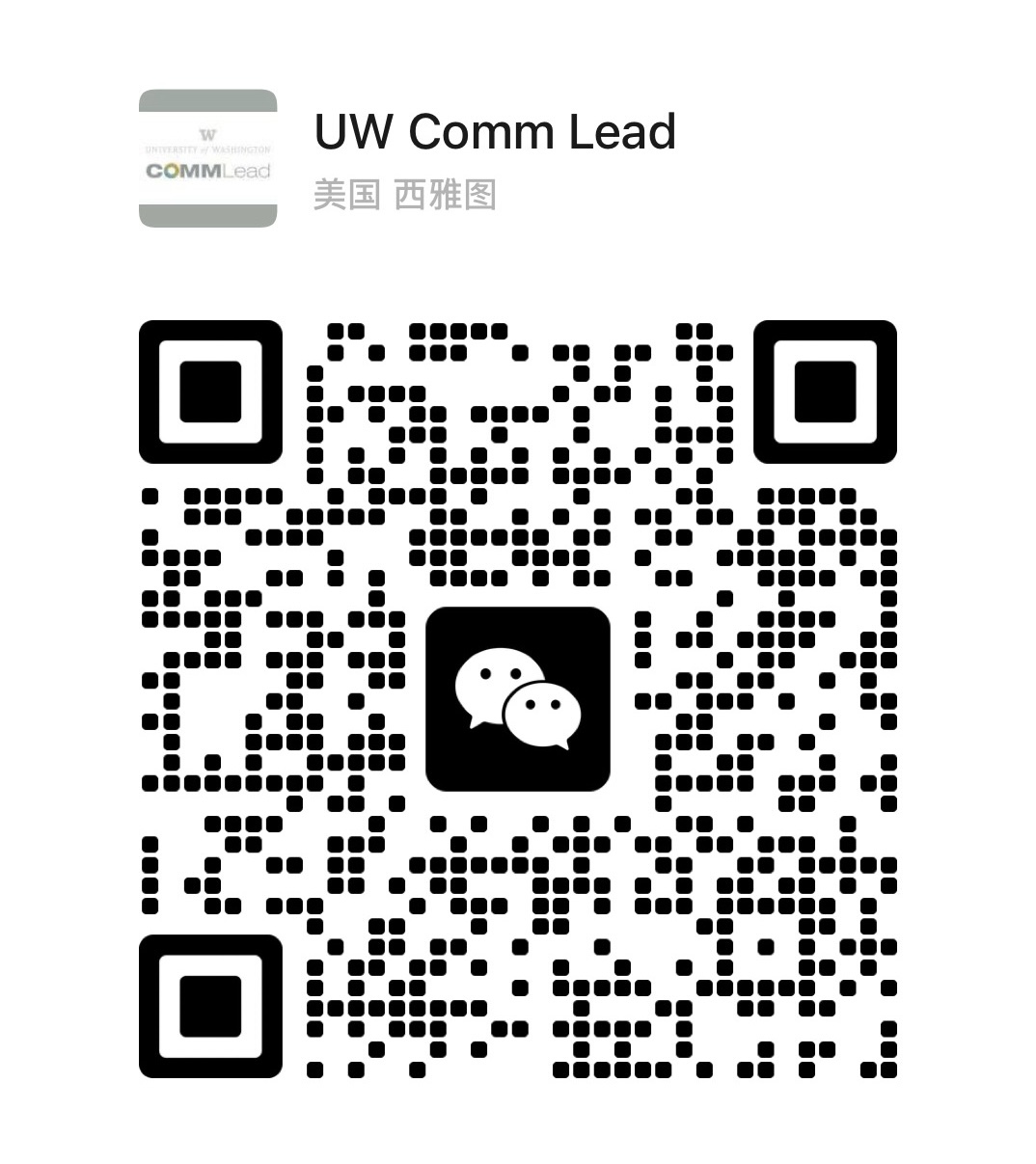On the internet, information travels at light speed. But there is no designated authority assuring that this information remains factual, true, and doesn’t harm people. In the middle of a pandemic, how do we protect ourselves and our loved ones from misinformation? Especially when the safety of mothers and newborns is at stake?
Dr. Kristina Adams Waldorf, an OB-GYN with the University of Washington School of Medicine in Seattle, was alarmed to see anti-vaccine misinformation, and ignorance of the risks of COVID-19 infection for pregnant people and their babies. Only 42.6% of pregnant women in the United States are vaccinated, a percentage that is even lower for Black and Latina women, according to the CDC.
Dr Adams Waldorf, who studies infectious disease in pregnancy, wanted to do something to stem the tide, but she didn’t know where to start. That’s where a team of graduate students from UW’s Communication Leadership graduate program came in. The collaboration gave birth to a campaign called, One Vax, Two Lives. The effort includes a dedicated website with the latest and most accurate info on COVID, vaccines and pregnancy, plus promoted social media content designed to spread understanding of the importance of the vaccine for pregnant women.
The Communication Leadership graduate program takes pride in understanding the foundations of empathetic storytelling. These techniques helped the students, Ekta Dokania, Cassandra Hernandez, Samriddhi Simlai, Ikram Navia, and Maria Jose Monteverde, build an efficacious strategy under the leadership of Head of Creative Strategy Alex Stonehill to communicate the message to the targeted audience in relatable terms, on the platforms where they already were seeking advice and support on the many challenges of pregnancy.
To date, the group estimates the Facebook campaign has reached 200,000 women in Washington state, plus many more around the country via partnerships with pregnancy and maternal health influencers. The website has garnered 8,000 unique views, and a recently-inked partnership will put One Vax Two Lives content on the What to Expect network of apps and websites that reach millions.
The team has found that addressing reproductive health concerns related to the COVID-19 vaccine isn’t as easy as it sounds. It requires authentic, empathetic content that influences audiences to make the healthy choice for themselves and their babies, without feeling pressured.
Summing up the efforts behind the whole campaign, Kolina Koltai, a postdoctoral fellow at the UW Center for an Informed Public who has contributed her expertise in vaccine-hesitant communities online, said, “Misinformation about vaccines happens when there is a data void, an absence of information. We are trying to eliminate the data void about vaccines during pregnancy so that people everywhere can be truly informed about the COVID-19 vaccine.”
The campaign is currently active on all social media platforms like Facebook, Instagram, Twitter, and will be active on TikTok soon, too, because the aim here is to educate everyone, even if it means through entertainment!

 University of Washington
University of Washington